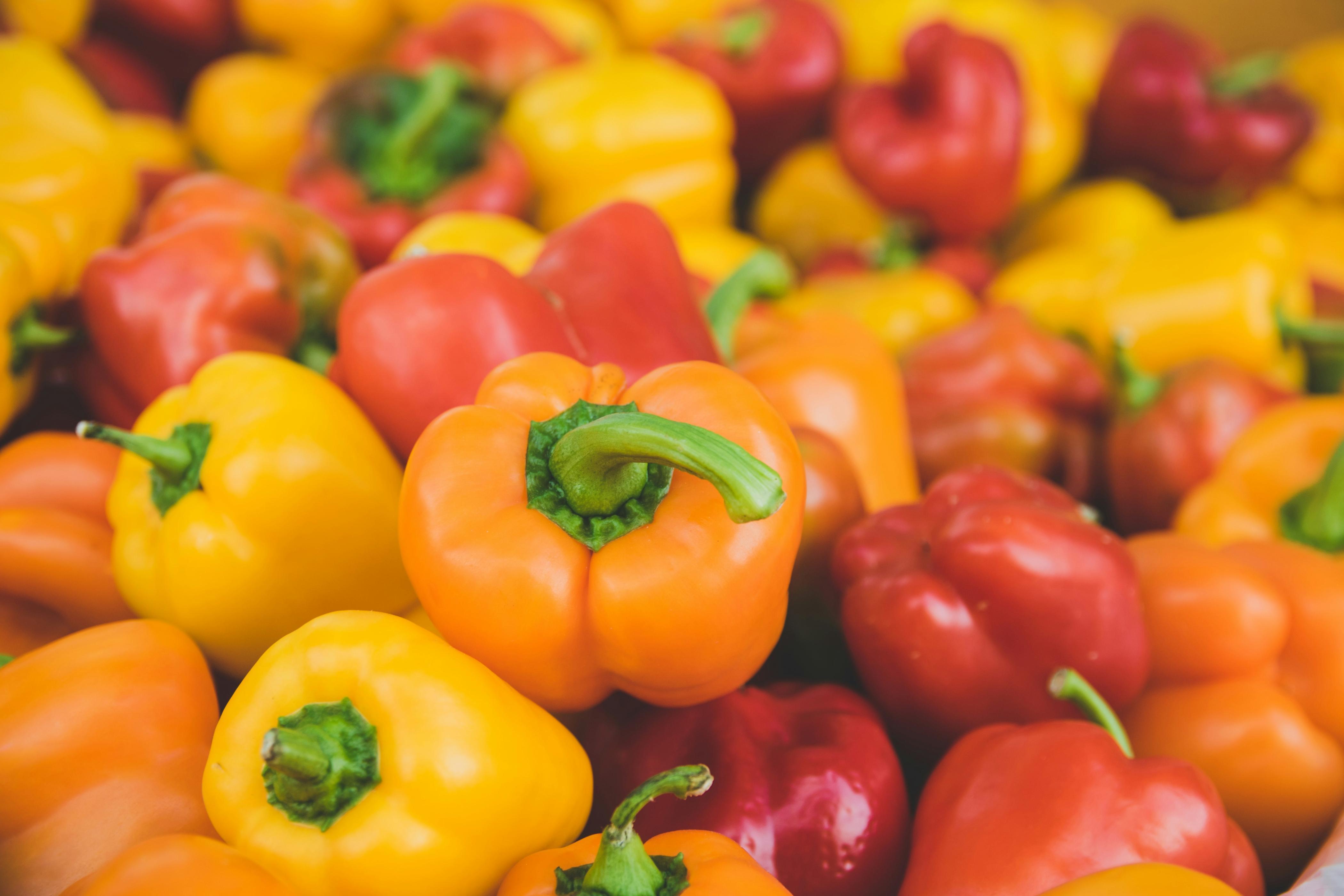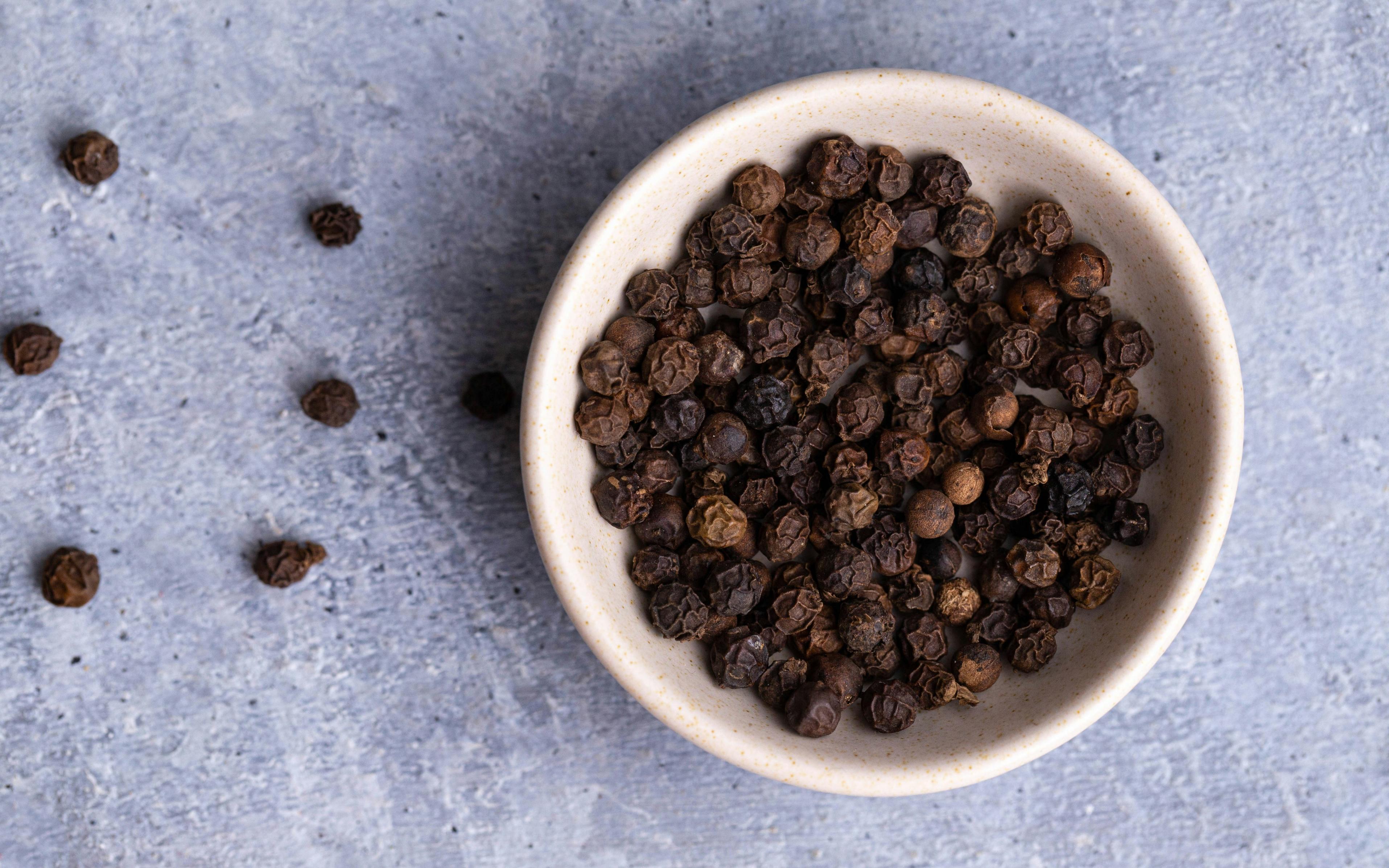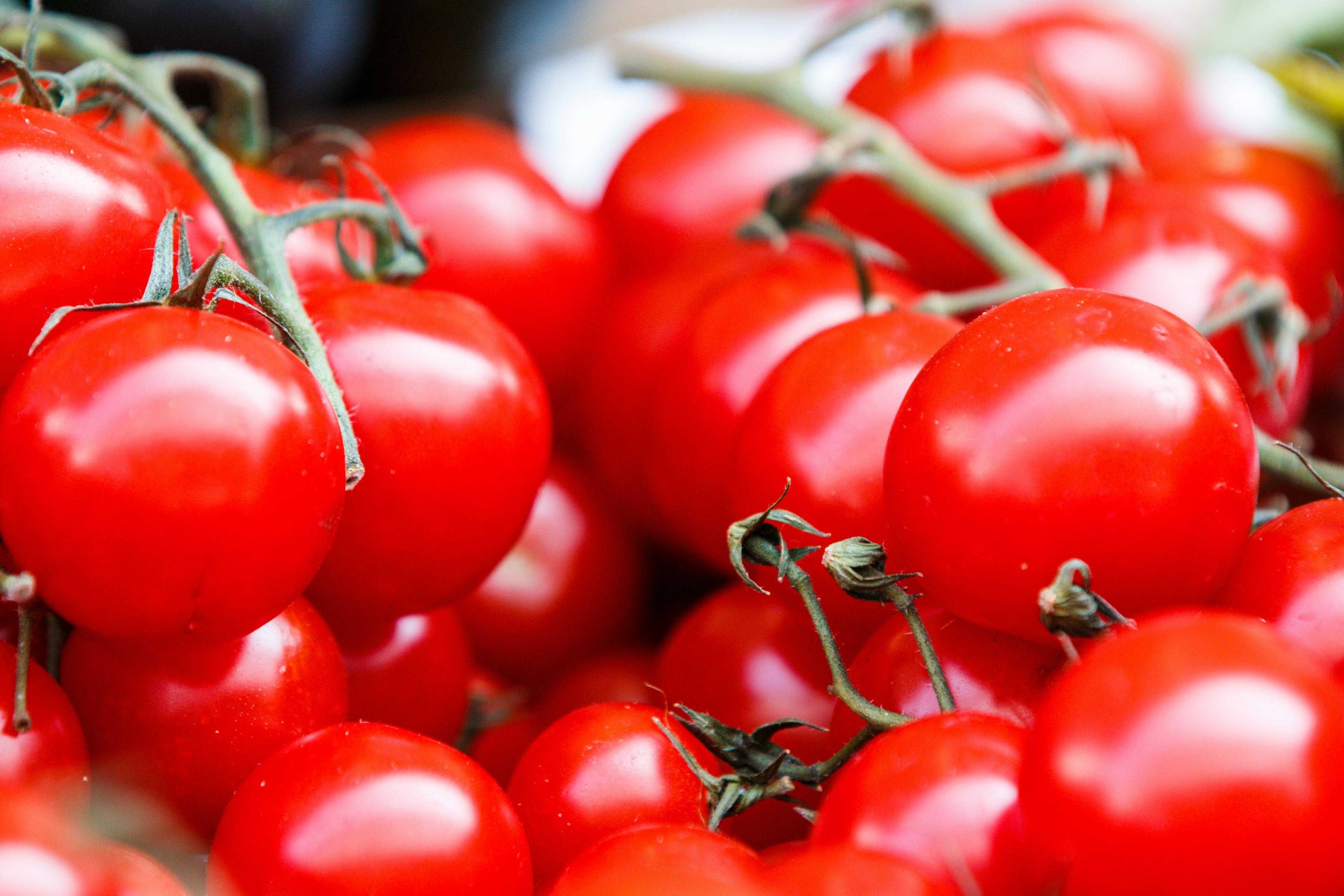Is It Safe for Dogs to Have Bell Peppers? Here's What Experts Say
Bell peppers appear to be safe for most dogs to consume.
Published Jan. 9 2025, 5:15 p.m. ET
As loving dog parents, we always want the best for our furry companions, and that ethos extends to the food they eat. While some processed foods are extremely harmful to them, other foods may provide beneficial nutrients that supplement their normal feeding routine.
If you enjoy consuming bell peppers for the crispy texture and numerous healthful benefits, it's natural to wonder if your pup can have a bite, too.
As you consider the most responsible approach to feeding your dog a proper diet, it is important to know which foods we can safely share with our pups.
Above all, it is vitally important to consult a veterinarian before changing your dog's diet and introducing new foods.
Can dogs have bell peppers?
Yes, dogs can have bell peppers occasionally. According to a vet-reviewed article in PetMD by Chewy, bell peppers contain many nutrients that are considered beneficial to your dog's health.
Sweet bell peppers are safe for your dog to consume, as they contain a great deal of fiber, are low in calories, and offer a healthy amount of Vitamin A and Vitamin C.
According to an article in MasterClass, the range of colors of bell peppers — including red, green, orange, and yellow — are all safe for your dog to consume. Red peppers, though, are the best and most nutritious for your pup.
According to Rover, dogs can consume all parts of the bell pepper, although some parts are harder to digest. Keep this in mind as you consider adding bell peppers to your dog's diet, as the placenta (the portion of the bell pepper where the seeds are attached), stem, the gland (the white parts inside the bell pepper), and seeds are all hard for your dog to digest.
You must also avoid all types of spicy peppers, as the capsaicin can be a severe irritant and cause problems.
Can dogs have black pepper?
No, dogs should not have black pepper. Because black pepper contains piperine, your dog may experience severe gastrointestinal issues.
According to The Spruce Pets, your pup may also experience other scary symptoms, including vomiting and diarrhea.
Better sources of nutrients for your dog are ubiquitous and easily accessible, including natural dog food formulated for a canine's unique nutritional needs.
If you suspect that your dog is growing tired of their normal feeding routine, first consult a trusted veterinarian to assess which foods are suitable for your dog's unique needs according to their health and breed.
Can dogs have tomatoes?
Healthy dogs can have a small amount of ripe, red tomatoes, and it is crucially important to know at what point tomatoes are safe to feed your dog.
Fully ripened tomatoes are indeed fine to give your dog, but unripe, green tomatoes must be avoided due to toxic substances called tomatine and solanine, according to New Zealand-based tomato expert and grower brand Farmzy.



